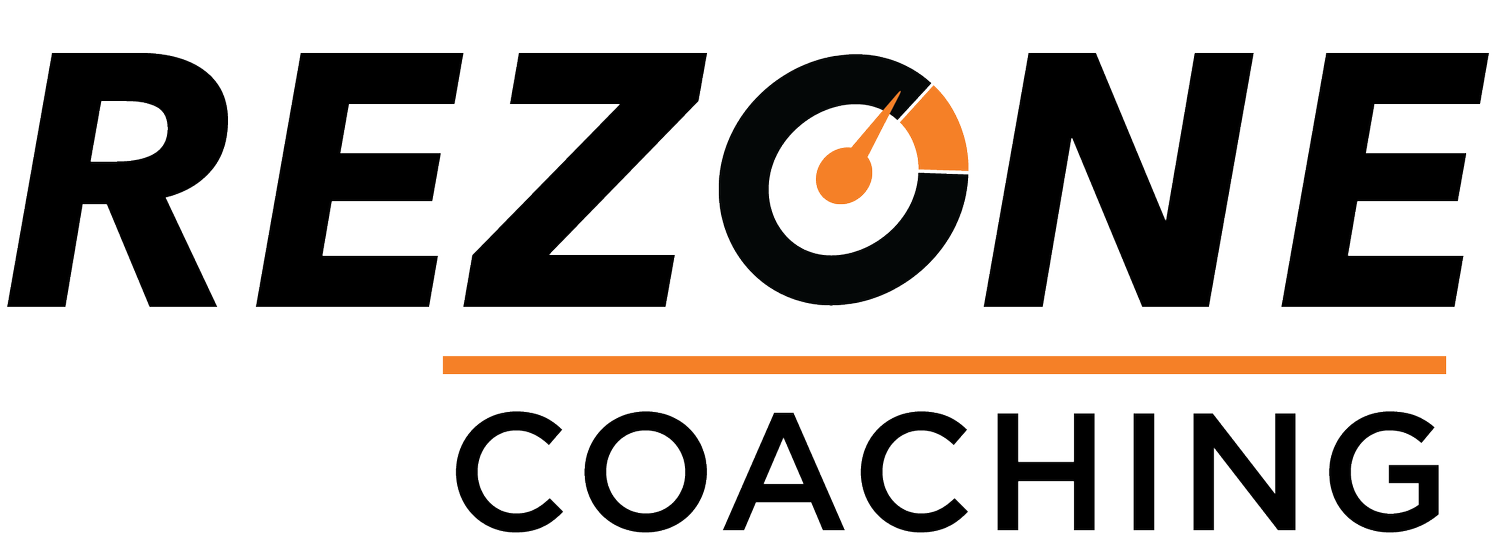How Executive Coaching Can Help Executive Recruiting
Filling executive jobs is a crucial, and costly, recurring need for organizations. When an executive placement does not work out, it can be a painful experience for everyone involved - the hiring organization, the executive hired, and the executive recruiter. To increase the chances of success, organizations can hire a coach to help in the critical transition period in a new executive's first year. Here are some ways a coach can help an executive avoid common pitfalls in the first year.
Pitfall #1 - Souring Relationship with Manager
A couple of hours of good chemistry between a hiring manager and a candidate in job interviews can lead to a job offer. Sometimes, that chemistry can prove illusory after the candidate is hired and is operating in the role. An executive coach can help get a relationship back on track in a few ways. First, a coach can gather feedback from the boss and colleagues in an anonymized "360-degree" format. By using a technique called "active inquiry" in regular coaching sessions, an executive coach can help a client see the perspectives of their manager and colleagues. If required, a coach can facilitate a session with everyone on the executive team to talk through problems and come up with potential solutions.
Pitfall #2 - Failure to Fit in the Organizational Culture
Executives often get hired because they have a record of success in other organizations. If executives run into trouble, it may be less about their skills and more about their ability to apply those skills in a new culture. What a new executive may complain about as "politics" might be a sign of a more collaborative, relationship-centered culture than they are used to. What a new executive may complain of as "bureaucracy" might be a sign of a more risk-averse culture than they are used to. An executive coach can be a sounding board to help a new executive understand how her actions will be seen in the broader organizational culture.
Pitfall #3 - Failure to Adjust Communication Style
Executives have different communication styles. So do their bosses and organizations. For example, organizations can differ in how open and honest feedback is viewed. Sometimes executives must adjust their communication style to fit their new environment. An executive coach can help in a few ways. A coach can help prepare for crucial one-on-one conversations through role-playing practice. A coach can help prepare for presentations by being a practice audience and giving feedback. Finally, a coach can act as a training curator to identify specific training in communication that best fits the executive's needs.
Pitfall #4 - Poor Task Management
As executives get hired into bigger roles, they are faced with broader scopes of responsibility. Sometimes that additional scope, combined with the need to learn how to operate in a new organization, can make a new executive feel overwhelmed. A coach can use a process called behavioral coaching to help an executive improve simple habits like time-management, timely-follow-up, and attention-to-detail. Once an executive identifies a simple habit they want to start or break, the coach will systematically hold them accountable for changing that behavior and help them track their progress.
Pitfall #5 - Failure to Communicate a Strategic Vision
The window for a new executive to explain their vision begins closing as soon as they start. Executives sometimes have a vision in their head but just don't know how to communicate it. A coach can help by finding tools, templates, training, and other examples a new executive can use as a starting point for their own plan. A coach can also be a useful sounding board and brainstorming partner in coming up with a strategic vision.
Organizations expend lots of time, effort and money to find people to fill their executive roles. When a new executive hire doesn't work out, it is a costly and painful problem, not just for the executive and their boss, but for the whole team led by the executive. Hiring a coach for a new executive hire can be a smart way to increase the chances for success.
NOTE: This post was contributed by fellow Certified Executive Coach, Victor Prince. If you'd like to connect further with Victor, check him out on LinkedIn or reach him by email.

